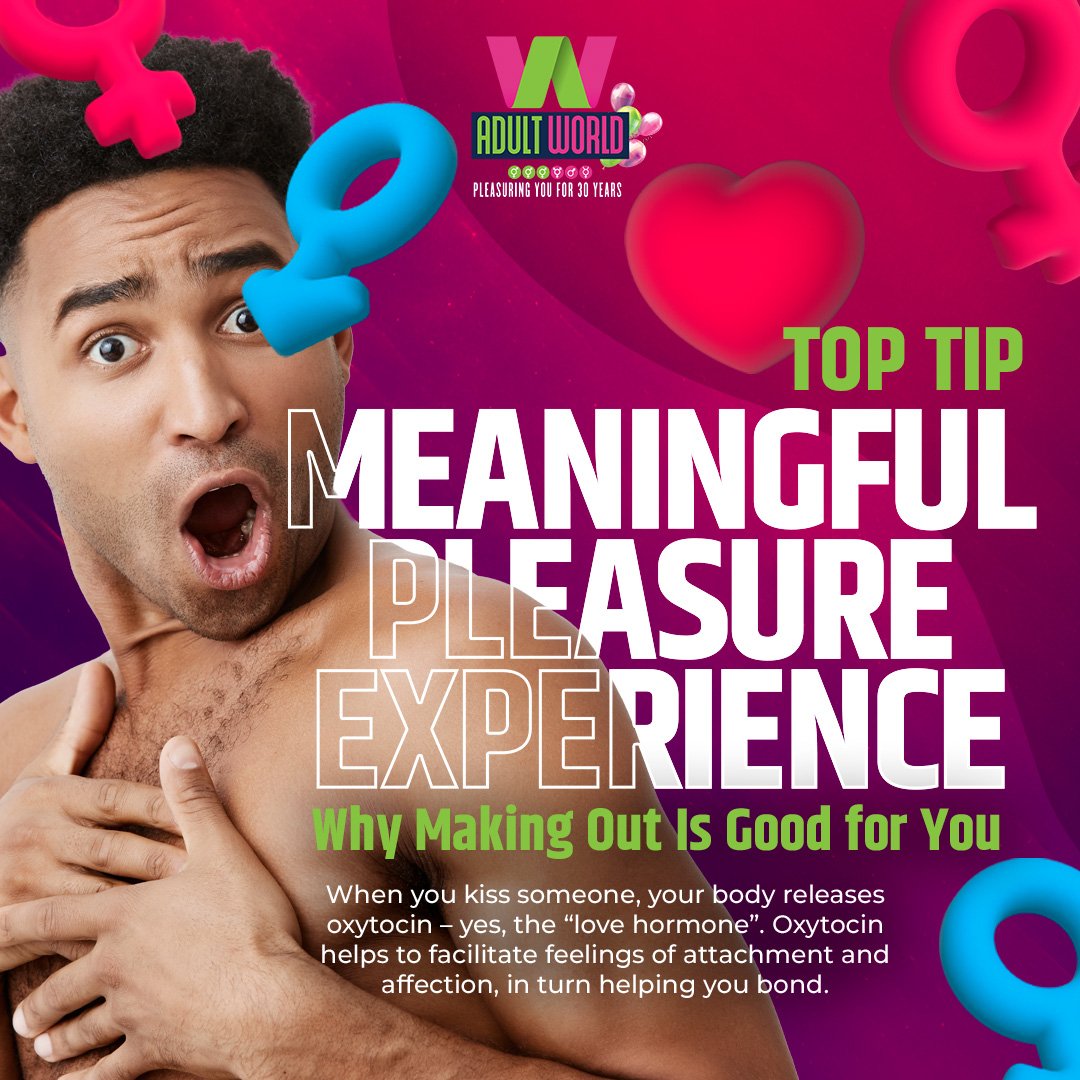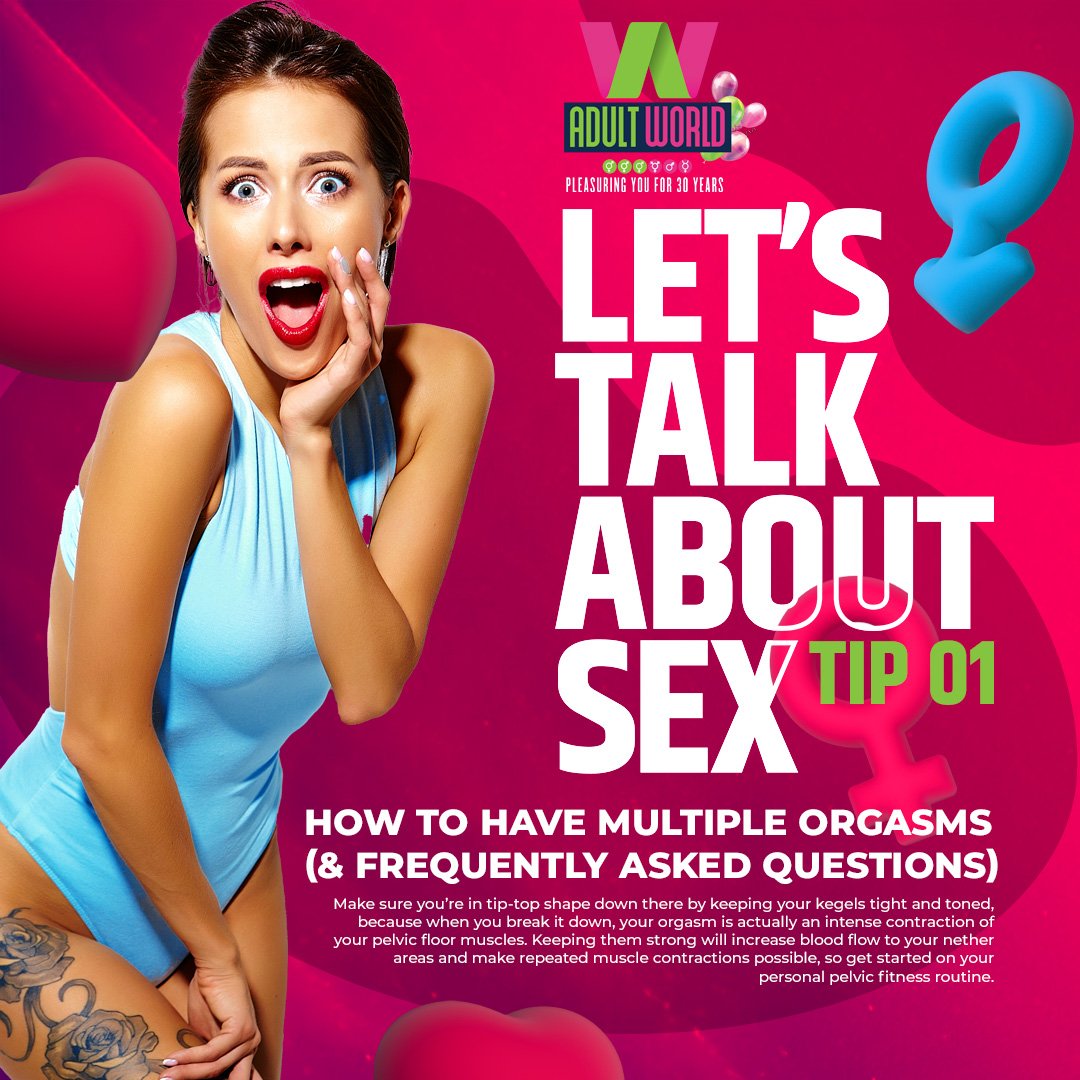

No Strings? The Effects Of Casual Sex On Your Mental Health
Fact: We’re having sex earlier and getting married older. That means there are more years between adolescence and commitment for most of us, leaving more time for sexual adventure and casual hook-ups.
Like it or loathe it, that’s the way of the world we live in. Some say we are a reckless and hedonistic generation, and the fashionable term ‘no-strings sex’, or ‘NSA’, implies that casual sex is just sex without consequence. But is that true? Is it even possible? It’s more important than ever to be clued up on the potential psychological effects of sex as well as the physical ones. Because even with no strings attached, sex still has consequences.
Those of us who engage in casual sex may have to deal with a range of emotional consequences that persist even after the sex itself has faded from memory, quite aside from the physical risks of STIs and unwanted pregnancy. In college, or in the workplace, casual sex can negatively impact your day to day life like a drug addiction.
Now, full disclosure, we’re overlooking all the positives of healthy, informed casual sex for this piece. There are many, many benefits from being stable and sexually empowered, so while it might seem like we’re condemning it here, we’re not. We’re just looking at the negatives of it to offer a clearer picture of the negative mental effects of casual sex, because it’s important to know, and we all deserve to express our sexualities while remaining healthy and happy. We’re not saying don’t do it. We’re just saying, do it intelligently.
Modern Sex
Despite the digital age in which we live, many of our cultural sensibilities remain anchored in the 20th century, which in turn took its cues from the 19th century, and so on. The development of our sexual identity and sense of sexual expression is fast outstripping changes in wider social attitudes to them.
The time-old sexual double-standard still unfortunately applies: Our society condemns women who engage in casual sex, but glorifies – or, at least, fails to blame men to the same extent. Whether or not there’s a biological foundation to this prejudice, it’s impossible to separate it from its cultural preconceptions.
So, what do we actually know about the negative emotional results of frequent casual liaisons? Well, there are many. First, and perhaps least significantly, for many individuals, there’s an element of discomfort that comes from the sense that by engaging in casual sex, we’ve somehow violated our own internal standards, projected onto us from our environment. There’s a lot of messaging in the media to indicate that casual sex is ok, that it’s normal.
Working for a prominent sex toy brand, I’m part of that messaging myself, after all. But that can put a kind of contradictory pressure on a person: to feel free to have casual sex, that it’s something they should be doing because everyone else is, while they’re also internalizing media messaging that scorns casual sex. That might contribute to the development of performance anxiety, regret, and guilt – to name just a few negative emotions.
Indeed, feelings of regret, disappointment, confusions, shame, and guilt are reported by those who engage in NSA sex regularly. (Although, it’s equally common to report feelings of nervous excitement, pride, being glad for the experience, and enjoyment of the feeling desired too.)
Most tellingly, though, feelings of depression and loneliness can often be amplified after casual sex, even by those who have no usual depressive tendencies.
Researchers examining the mental health associations of hookup sex among college students reported that participants who were not depressed before showed more depressive symptoms and loneliness after engaging in casual sex. This study was of about 4,000 ethnically and socioeconomically diverse straight college students.
(It’s this sex study, if you’re interested). The base framework for the study is simple: the students were asked how many times in the last 30 days they’d had a sexual encounter with someone they’d known for less than a week. Then, they are asked to rate their self-esteem, level of life satisfaction, and general sense of psychological well being. To measure the negative feelings, they are then asked to report their feelings of depression, general anxiety, and social anxiety.
18.6% of men and 7.4% of women had had sex with a relative stranger at least once in the past month, for an average of 11% of college students.
So, What did the Study Show?
As you might expect, given the nature of this article’s title, those who engaged in more casual sex also experienced more psychological distress, lower self-esteem, life satisfaction and happiness than those who had not recently had sex with a relative stranger. Those who had recently had casual sex also reported higher levels of depression, and higher general and social anxiety.
So far, so predictable. But, less predictably, the study also showed that those feelings were not different across the genders. For both male and female college students, engaging in casual sex negatively impacted emotional health.
In Summary
I know I’ve made it sound like all of us who engage in casual sex for the sake of casual sex will feel worse after. I know from experience that that isn’t the case in all cases. Likewise, research on casual sex points to a mix of positive and negative emotions. Still, the point of this article is one must be aware of the negative emotional consequences. If you are experiencing them, you are not alone – regardless of if they come with or without positive feelings as well.
Casual sex is a choice and if it’s making you feel bad, you can choose to not engage with it and/or seek out a mental health professional. Just know that no strings attached sex comes with some strings – and those strings may be your negative emotional state.
Share:


Social Media
Most Popular


Using Remote-Controlled Toys for Long-Distance Relationships

Why So Many Women Are Single Today: Social & Cultural Factors

A Guide To Seducing Women (Partners or Spontaneous Encounters)
Subscribe To Our Weekly Newsletter
Categories
Related Posts

Demisexual Dating – Everything You Need To Know
Dating always has its quirks, but there’s even more of them if you’re a demisexual – or dating one. We’re here to tell you everything you need to know about

Using Remote-Controlled Toys for Long-Distance Relationships
There’s a common Spanish saying: Amor de lejos, amor de pendejos. Essentially, it means that long distance relationships are for fools. There’s some truth to that – long-distance relationships come with

Why So Many Women Are Single Today: Social & Cultural Factors
Marriage rates aren’t what they used to be, and being in a relationship isn’t the priority anymore for many women across the globe. The growing trend of single women is

A Guide To Seducing Women (Partners or Spontaneous Encounters)
Seduction is to sex what romance is to love. Seducing a woman is much, much more than getting her to sleep with you. Done right, seduction is about understanding the



